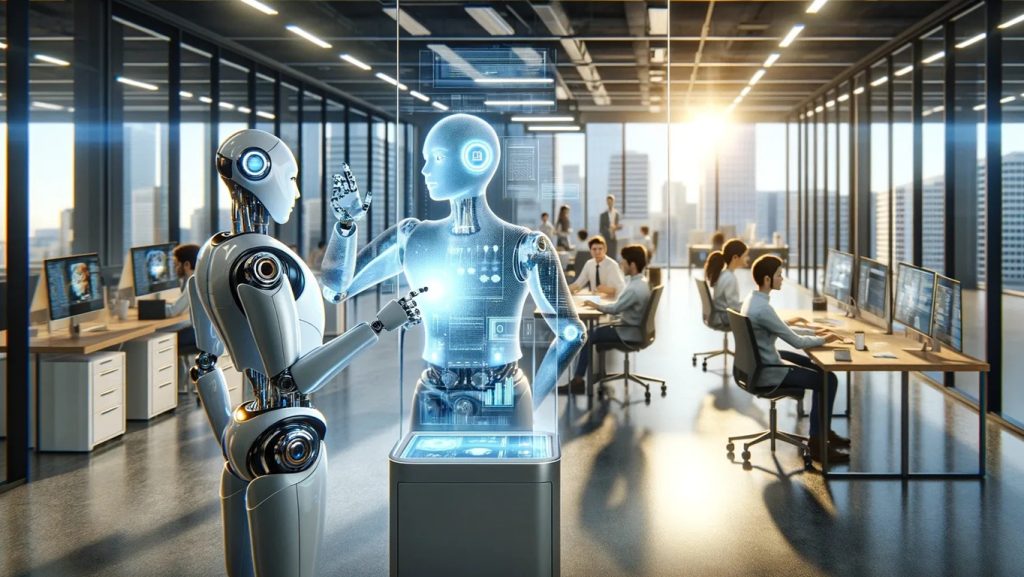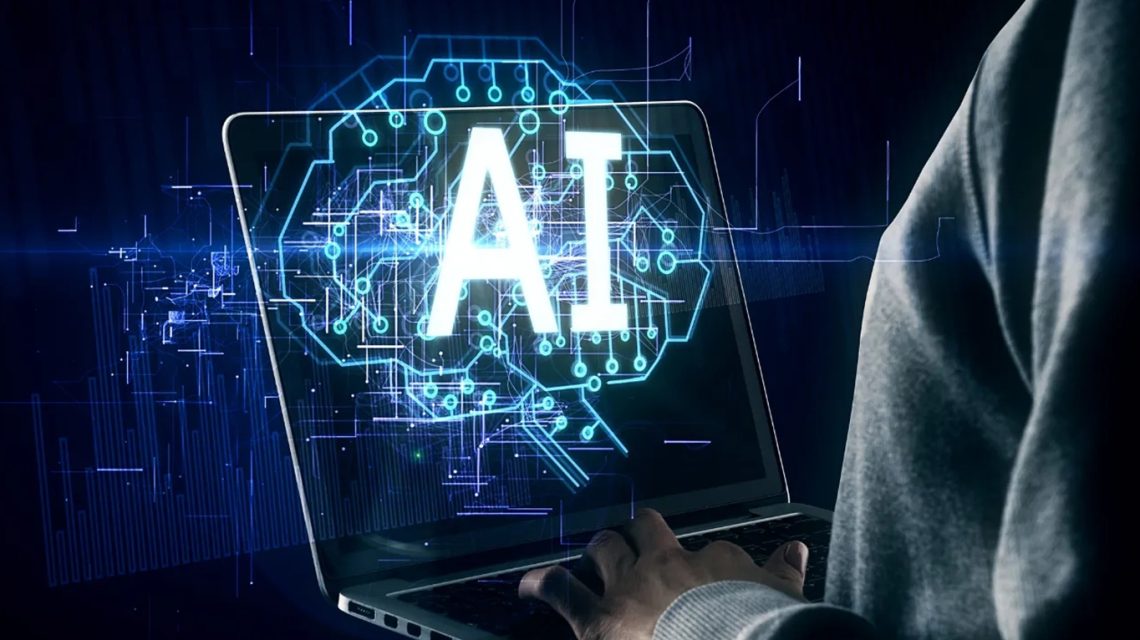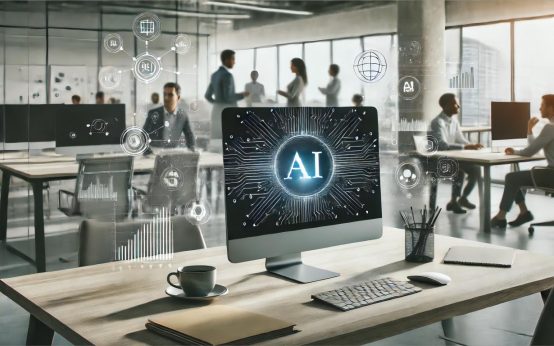The rapid advancement of artificial intelligence (AI) is revolutionizing the workplace in unprecedented ways. While the concept of “automation” may stir concerns about job loss and uncertainty, it’s vital to recognize that AI can significantly enhance human abilities, boost productivity, and foster a more inclusive workforce. As we increasingly witness AI’s impact on our daily work lives, it becomes essential to embrace this change for a more prosperous future.
Addressing Concerns of Job Displacement
It’s common to feel anxious about the potential for job displacement due to automation. However, history teaches us that technological progress often results in the creation of more jobs than it eliminates.
- The Industrial Revolution: This era marked a transformative shift toward automation in manufacturing. While some traditional craftspeople lost their jobs, the revolution also sparked new industries and roles. Factories required skilled workers to operate machinery, and engineers to design and maintain these systems, resulting in a more diverse job market.
- The Rise of Computing: The late 20th century saw personal computers and the internet reshape our work landscape. Though many manual tasks were automated, entirely new careers emerged, including software developers, data analysts, and cybersecurity professionals. Moreover, the rise of e-commerce created opportunities in digital marketing, online customer service, and logistics.
- The AI Revolution: Today, AI is taking a central role in the workplace, following a similar pattern. While some repetitive tasks may be automated, this shift will increase the demand for AI-related positions. Roles like AI trainers and data scientists are already in high demand, and as AI applications spread across various industries, more specialized job opportunities will arise.
Augmenting Human Intelligence
AI’s purpose in the workplace is not to replace human workers, but rather to enhance and complement their intelligence. AI excels at managing repetitive, data-intensive tasks, allowing human workers to focus on creativity, problem-solving, and complex decision-making.
In essence, AI acts as a powerful tool that enhances our capabilities, making us more efficient and effective in our roles. This collaborative dynamic between humans and AI promises to create a more productive and innovative work environment.
Boosting Efficiency and Productivity
The ability of AI-powered automation to transform workflows across different sectors is remarkable. It streamlines operations, reduces errors, and significantly increases productivity. For example, in healthcare, AI can analyze vast amounts of patient data, assisting doctors in making accurate diagnoses and treatment decisions. This not only saves lives but also improves the overall quality of patient care, highlighting AI’s profound contributions to our daily lives.
Creating New Career Opportunities
While concerns about job loss dominate discussions around AI, it’s essential to recognize the new career paths it can create. The rise of AI technology necessitates a workforce skilled in AI development, data analysis, and ethical considerations. These emerging roles offer exciting prospects for individuals willing to adapt and upskill. Embracing AI means seizing these opportunities and actively participating in shaping the ethical framework surrounding this technology.

Promoting Workplace Inclusivity
AI can also enhance workforce inclusivity by minimizing biases in hiring practices and fostering diversity. When designed thoughtfully, AI systems can identify and mitigate biases in recruitment, leading to a fairer job market. This approach not only benefits underrepresented groups but also enhances decision-making within organizations.
Investing in Education and Training
To fully leverage the advantages of AI, it’s crucial to invest in education and training programs that equip individuals with the skills necessary to thrive in an AI-driven landscape. Governments, businesses, and educational institutions must collaborate to facilitate this transition.
By forming partnerships to identify skills gaps, developing relevant training initiatives, and creating seamless pathways for career transitions, we can effectively navigate towards a future that embraces automation while maximizing job potential.
Shaping a Future of Collaborative Prosperity
Although fears about job displacement due to automation are understandable, history consistently shows that technological advancements generate more opportunities than they eliminate. The future of work with AI is not about scarcity but rather about transforming employment to open doors to new and meaningful careers.
This future will be characterized by effective collaboration between humans and AI, creating a synergy that enhances productivity, fosters innovation, and improves the overall quality of work. By embracing this change and preparing ourselves through skill acquisition, we can usher in an era where AI serves as a powerful ally in our professional journeys.



 How to Leverage AI in Your Projects and Daily Work
How to Leverage AI in Your Projects and Daily Work